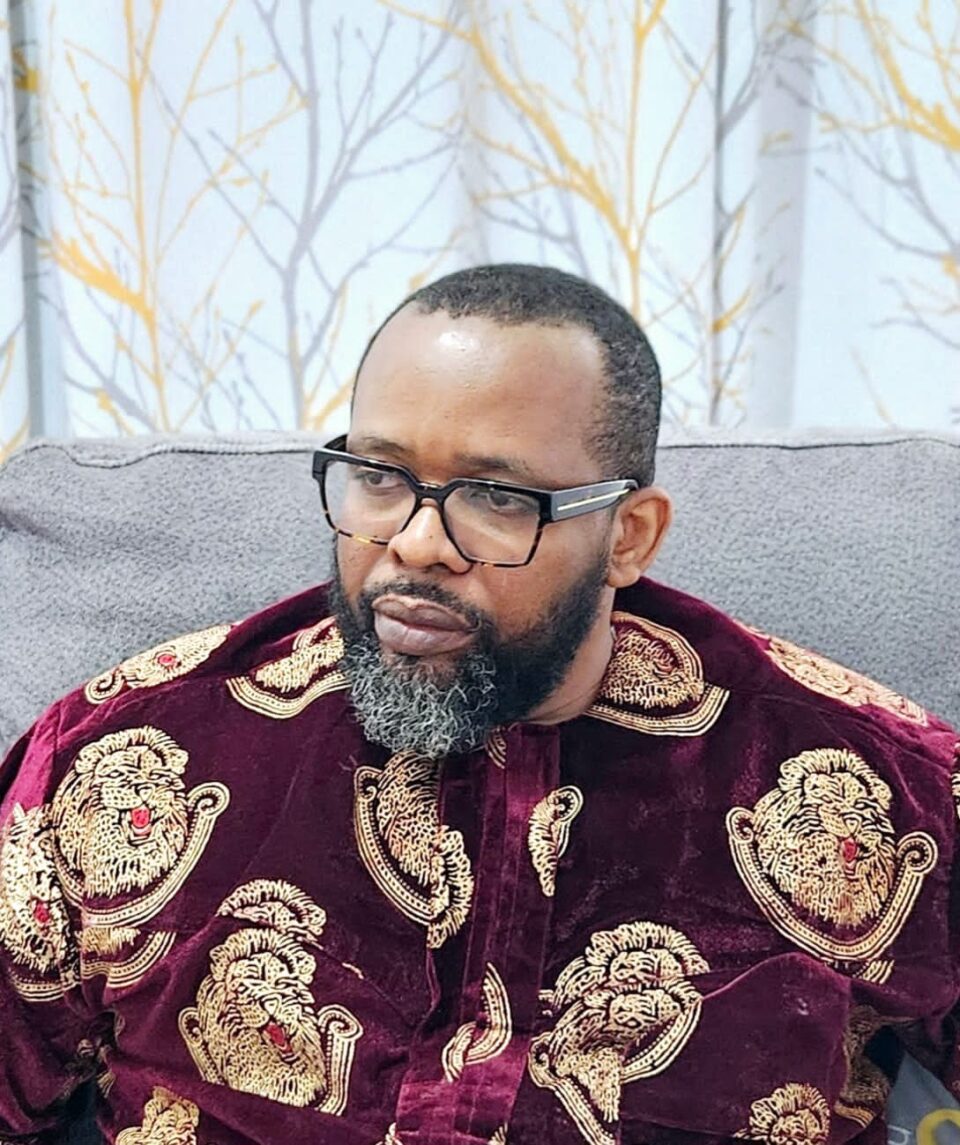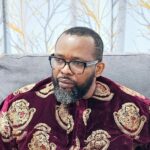The principle of self-determination is a cornerstone of international law, deeply rooted in the protection of minority groups and their rights to political, social, and economic participation within a state. It is designed to ensure that no group is marginalised or excluded from the decision-making processes that govern their lives. In Nigeria, the South-East region, predominantly inhabited by the Igbo people, has faced long-standing and systemic discrimination, exclusion, and underrepresentation in the political framework of the country. This enduring marginalisation raises serious concerns about the failure of the Nigerian state to adhere to the principles of equality and representation, and thereby strengthens the argument for the South-East’s (Igbo-Biafra) right to pursue remedial secession.
The Principle of Self-Determination and its Applicability
Self-determination, as recognised by international law, particularly in the United Nations Charter, Article 1 of the International Covenant on Civil and Political Rights (ICCPR), and other significant international instruments, grants people the right to determine their political status and freely pursue their economic, social, and cultural development. While traditionally associated with decolonisation, self-determination is increasingly viewed as a means of addressing severe injustices and the systemic oppression of minority groups within an established state. The South-East region’s (Igbo-Biafra) persistent exclusion from Nigeria’s political processes and its history of marginalisation meet the criteria for invoking the principle of self-determination as a valid recourse.
One of the key aspects of self-determination is the right of a group to have its voice heard in the governance of the state. The failure to include the South-East region adequately in Nigeria’s political structure not only violates the democratic tenets of equal representation but also contravenes the principle of fair governance that underpins international norms. This failure has sparked a renewed push for self-governance among the Igbo people, who argue that the current Nigerian political framework is structurally incapable of providing them with the political representation they are entitled to.
Political Underrepresentation of the South-East Region (Igbo-Biafra)
One of the most striking forms of discrimination faced by the South-East region is its political underrepresentation in Nigeria’s federal structure. Nigeria’s political system, which is based on a federal model, allocates political power and resources disproportionately, favouring the northern and western regions of the country over the South-East. This imbalance is particularly evident in the composition of the National Assembly, where the South-East has significantly fewer representatives compared to other regions. With only five states, the South-East is allotted fewer senators and members of the House of Representatives, thereby reducing its influence in national decision-making.
The issue of state creation, which favours other regions, is central to this political marginalisation. Other regions have six or more states, which gives them more political clout in the Senate and the House of Representatives. This imbalance directly affects the South-East’s ability to influence legislation, participate fully in the political process, and secure the allocation of federal resources that match the needs of its population. Furthermore, the South-East’s exclusion from top political offices, such as the presidency, vice presidency, and key ministerial positions, perpetuates a sense of alienation and injustice. Since Nigeria’s return to civilian rule in 1999, the South-East has not produced a president or vice president, which further entrenches the region’s political disenfranchisement.
The marginalisation of the South-East in Nigeria’s political structure is not just a matter of underrepresentation but also one of systematic exclusion from power. The Federal Character Principle, enshrined in the Nigerian Constitution, was designed to ensure equitable representation of all regions and ethnic groups in government appointments. However, in practice, the principle has been consistently undermined, especially when it comes to the South-East. The region is frequently excluded from appointments to key positions in the executive, judiciary, and security sectors, which are crucial for influencing national policies and protecting regional interests.
Entrenched Discriminatory Practices
The political marginalisation of the South-East is exacerbated by entrenched discriminatory practices that permeate Nigeria’s governance structure. These practices manifest in several ways, including the unequal allocation of federal resources, the distribution of key government positions, and the design of economic policies that disproportionately disadvantage the South-East. The Igbo people have long faced exclusion from federal programmes aimed at development, infrastructure, and economic investment, leaving the South-East region underdeveloped compared to other parts of Nigeria.
Economic marginalisation is particularly evident in the underinvestment in infrastructure in the South-East, where federal roads, schools, and hospitals receive less funding compared to other regions. This has not only hindered economic development but has also contributed to high levels of poverty and unemployment in the region, exacerbating the socio-economic disparities between the South-East and the rest of Nigeria. The lack of significant federal investments in industries and economic projects in the South-East further isolates the region, making it harder for the Igbo people to thrive within the Nigerian state.
Moreover, discriminatory policies are evident in the security sector, where the South-East is often militarised and subjected to oppressive security measures under the guise of maintaining law and order. Pro-Biafran movements, which advocate for the rights of the South-East to self-determination, have been met with state violence, including the use of military force to suppress peaceful protests. Amnesty International has documented cases of extrajudicial killings, unlawful detentions, and human rights abuses directed at pro-Biafran activists, underscoring the systematic targeting of the Igbo people by the Nigerian state. These practices reinforce the perception that the South-East is not treated as an equal and valued part of Nigeria but as a region to be controlled and suppressed.
The Exhaustion of Domestic Remedies
In the face of persistent discrimination and lack of representation, the people of the South-East have sought to address their grievances through legitimate political channels. However, these efforts have largely been unsuccessful. The South-East has participated in national elections, National Conferences, and constitutional reforms, all with the hope of achieving greater political representation and a more equitable distribution of resources. Yet, the Nigerian government has consistently failed to implement reforms that would address the region’s political and economic marginalisation.
One significant attempt to address these issues was the 2014 National Conference, which brought together representatives from all regions to discuss the structural imbalances in Nigeria’s federal system. The South-East region actively participated in this conference and pushed for the creation of additional states, more equitable resource allocation, and greater autonomy for the region. However, despite the recommendations of the National Conference, the Nigerian government has not implemented these proposals, leaving the status quo intact. This refusal to enact meaningful reforms has reinforced the belief among many in the South-East that the Nigerian political system is fundamentally unwilling or unable to accommodate their legitimate demands for representation and equality.
The failure of domestic political processes to address the South-East’s grievances has left the Igbo people with few options. When a group is persistently denied its rights within a political system and all available domestic political means have been exhausted, international law recognises that secession may be a valid remedy. In the case of the South-East, the systematic discrimination and exclusion from Nigeria’s political and economic framework provide a strong justification for pursuing self-governance through remedial secession.
International Law and Justification for Secession
International law supports the right to self-determination in cases where a group has been denied equal participation in the governance of the state and has been subjected to discrimination. The United Nations Declaration on the Rights of Indigenous Peoples, along with other international human rights instruments, recognises that minority groups have the right to determine their political status and to seek autonomy if they are systematically oppressed. The ongoing political marginalisation and discrimination faced by the South-East region meet these criteria.
Secession as a remedy is particularly justified in cases where the state has consistently failed to protect the rights of a specific group or where that group is excluded from meaningful participation in the political system. In the case of the South-East region (Igbo-Biafra), the entrenched discrimination, political exclusion, and economic marginalisation provide a legitimate basis for invoking the right to self-determination and secession under international law. The South-East’s pursuit of remedial secession is thus not only justified but necessary to protect the rights and dignity of the Igbo people and to ensure their ability to participate fully in their governance.
Conclusion: The Validity of Remedial Secession for Igbo-Biafra
The ongoing discrimination and lack of representation faced by the South-East region (Igbo-Biafra) within the Nigerian political framework violate the principles of self-determination and equal representation that are enshrined in international law. The systematic exclusion of the Igbo people from political power, coupled with entrenched discriminatory practices in resource allocation and federal appointments, has rendered the Nigerian state incapable of addressing the legitimate grievances of the South-East.
When all domestic remedies have been exhausted, and when a state fails to uphold the principles of equality and fair governance, international law supports the right of a group to pursue remedial secession. For the South-East region, the persistent marginalisation and discrimination provide a strong legal and moral basis for pursuing self-determination and independence. Remedial secession is thus a valid and justified course of action for the Igbo people in their quest for political representation, equality, and self-governance.
Uche Mefor is the Convenor of the Igbo-Biafra Nationalists and the Indigenous People of Igbo Nation for self-determination


